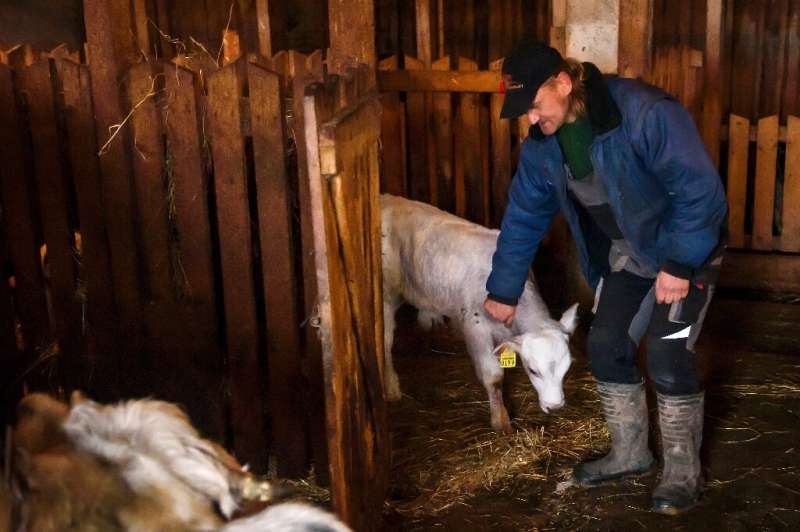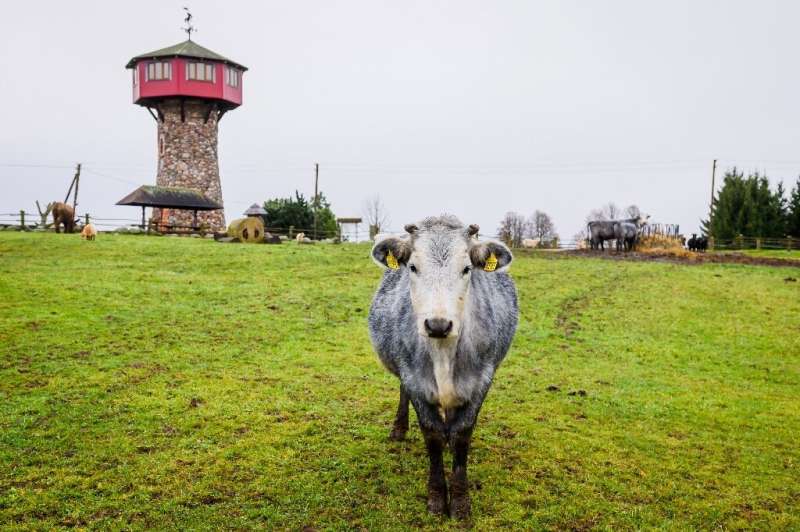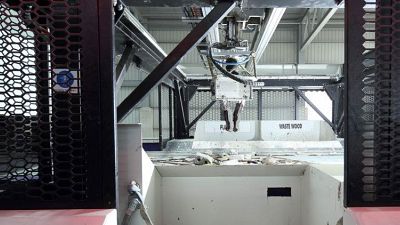Who hacked Poland's opposition?
The phones of dissident lawmakers and an opposition prosecutor have been hacked using the Pegasus spyware. Poland's government, however, shows little interest in finding the culprits.

Computer experts say there is no protection against spyware such as Pegasus
In July 2021, an international consortium of journalists published an in-depth investigation revealing how the Israeli Pegasus spyware had been used by a range of autocratic states such Azerbaijan, Saudi Arabia, Rwanda and Morocco to snoop on politicians, correspondents and human rights activists. The only EU country known to have utilized the software was Hungary.
Now, half a year later, details are emerging that suggest Poland's incumbent government, led by the national-conservative Law and Justice (PiS) party, may be mired in a Pegasus scandal of its own. Krzysztof Brejza, a leading lawmaker with the opposition Civic Platform (PO), said in late December 2021 that his smartphone had been hacked 33 times between April and October 2019.
It was during this time that Brejza directed his party's election team ahead of the parliamentary polls on October 13, 2019. During this period Polish public broadcaster TVP accused Brejza of waging a vitriolic campaign against his political enemies, citing fake emails to back up the claim. Brejza thinks the timing of the accusation was "no coincide." The 38-year old says emails were downloaded from his phone during this time and later manipulated to cast him in a bad light.

Brejza says his phone was hacked numerous times to discredit his opposition work
Brejza was not the only Polish politician to have come under surveillance. Roman Giertych, a prominent opposition lawyer, who once served as interior minister, says his phone was hacked 18 times. Traces of six hacks between June and August 2021 were also detected on the phone of Polish prosecutor Ewa Wrzosek, who had criticized the Polish government over its controversial plans to introduce postal voting for the 2020 presidential election, and who also works for the opposition Association of Polish Independent Prosecutors, "Lex Super Omnia."
What is Pegasus?
The Pegasus spyware was developed by Israeli technology firm NSO. It is sold to states around the world to aid their fight against terrorism and organized crime. Pegasus is capable of snooping on iPhones and Android-based smartphones in real time, it can record conversations, register Geo data and secretly active cameras. Computer experts say there is no protection against such spyware.

NSO is based in Herzliya, Isreal
Brejza learned he had been hacked from an Associated Press (AP) report; Wrzosek found out her device had been compromised from smartphone-maker Apple. Citizen Lab, an interdisciplinary laboratory based at Toronto University, confirmed the hacks. Polish opposition figures are calling this a "Polish Watergate" movement, and are demanding a special parliamentary inquiry, fearing previous elections could have been compromised.
Government denies any knowledge
The government, meanwhile, says it is unaware of any wrongdoing. Speaking with journalists in late 2021, Deputy Justice Minister Michal Wos said "I do not know which system you are asking about, I do not know what system this is." Wos added that Justice Minister and Public Prosecutor General Zbigniew Ziobro was similarly unaware of any illegal surveillance measures of this kind. Indeed, the public prosecutor's office has shown conspicuously little interest in the affair. Opposition lawmaker Brejzas' attorney has filed charges but so far no proceedings have been launched. Wrzosek, who has also sought legal action, has her case dismissed, with authorities citing a lack of evidence.
In early January, Deputy Justice Minister Wos made light of the affair on Twitter, posting a picture of a PlayStation gaming console with the caption: "This is the Pegasus I bought in the 90s." Polish Prime Minister Mateusz Morawiecki, meanwhile, has alluded the phone hacking scandal could have been the work of foreign intelligence agencies, of which "there are many in the world."
Top-level deal
Recently, however, a spate of documents have surfaced shedding yet more light on the spyware affair. On December 3, 2021, Polish left-wing-liberal dailyGazeta Wyborcza revealed how back in July 2017, Hungarian Prime Minister Viktor Orban met with Poland's then-Prime Minster Beata Szydlo and former Israeli Prime Minister Benjamin Netanyahu. The newspaper reports that this is when the decision to buy the Pegasus spyware was reached.

Hungary is the only EU country known to have used the spy software
Gazeta Wyborcza reports the Polish government sought to conceal the 25-million Zloty ($6 million, €5.5 million) purchase by taking the money out of a fund for crime victims, overseen by the Justice Ministry, instead of having the CentralAnti-Corruption Bureau (CBA) foot the bill. To make this possible, Polish parliament had to change the fund's status. The paper says Deputy Justice Minister Wos submitted the request to the financial committee. Lawmakers were never, however, informed the funds were earmarked to buy spyware, says Gazeta Wyborcza.
Spoiled for choice
Israel has reportedly reduced to number of states licensed to use Pegasus from over 100 to a mere 37. Hungary and Poland are among the countries who had their license revoked. Poland's opposition, however, doubts this will put and end to the surveillance program.
"In the coming days, we will learn the names and phone number of more surveillance victims," says Grzegorz Schetyna, a founding member of PO, who once served as interior and foreign minister. Security expert Piotr Niemczyk, meanwhile, points out that other spyware alternatives are already on the market: North Macedonia-based Israeli cybersecurity company Cytrox has developed Predator, a pendant to Pegasus.
On Dezember 27, 2021, PiS leader and Deputy Prime Minister Jaroslaw Kaczynski assuaged the Polish public when he said "I'm only half joking when I tell you to use a phone like mine: an old, used device, that records videos, if you know which button to push." It is well known that Kaczynski is deeply skeptical of modern technology.
This article was translated from German.










:quality(70)/cloudfront-us-east-1.images.arcpublishing.com/mco/7SEHHFUEXVGS3EAUALEA4OHXBA.jpg) A squad of U.S. Navy SEALs participates in special operations urban combat training at an undisclosed location. (Petty Officer 2nd Class Meranda Keller/U.S. Navy via AP)
A squad of U.S. Navy SEALs participates in special operations urban combat training at an undisclosed location. (Petty Officer 2nd Class Meranda Keller/U.S. Navy via AP):quality(70)/cloudfront-us-east-1.images.arcpublishing.com/mco/H7CKATOAMBBQHCLO55IVYF4KFA.jpg)
:quality(70)/cloudfront-us-east-1.images.arcpublishing.com/mco/X6DAXPIZDNEL3EWHMY26FJMFOE.jpg)
:quality(70)/cloudfront-us-east-1.images.arcpublishing.com/mco/V6LUDPAQAFETZGMDBPLOOKG2IQ.jpg)
 i
i